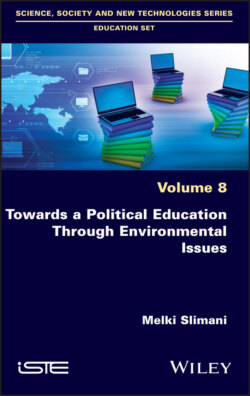Читать книгу Towards a Political Education Through Environmental Issues - Melki Slimani - Страница 24
1.3.4.2. Food democracy
ОглавлениеThe goal of food literacy is the development of an alternative democracy (Booth and Coveney 2015) that can support social movements for food justice, sovereignty or citizenship. These movements involve collective actions for the transition towards the sustainability of agrifood systems (Hassanein 2008). Booth and Coveney (2015) also propose a distinction between food sovereignty and food justice as alternative movements based on food democracy.
The two authors drew on the work of Renting et al. (2012) to conceptualize food democracy as a redistribution of power in the agrifood system where citizens increasingly claim their influence on the organization and functioning of food production. They thus move from the situation of passive consumers to that of active citizens by exploring new means of engagement.
The growing involvement of citizens leads to relationships with producers. The interfaces between the state, the market and civil society are generally fraught with tensions and contradictions. In the long term, this can lead to new alliances, institutional arrangements and the creation of organizational models for sustainable food systems (Booth and Coveney 2015).
These authors have also exploited the work of Hassanein (2008) to identify the following five dimensions of food democracy:
– collaboration for the sustainability of the food system, whereby democracy aims at bringing about collective action to address problems and increase the power of citizens;
– information about the food system based on a democratic theory that recognizes the importance of individuals with the knowledge to participate effectively;
– sharing ideas about the food system with others through ongoing discussion and deliberation that allows citizens to clarify food issues and discuss related values;
– developing the effectiveness of food systems in a political system which builds skills among citizens to determine a proper relationship with their food and resolve community food problems;
– orientation towards “community goods” by involving citizens who care about the public good and who are willing to look beyond their own interests and recognize the value of mutual support and interdependence.
